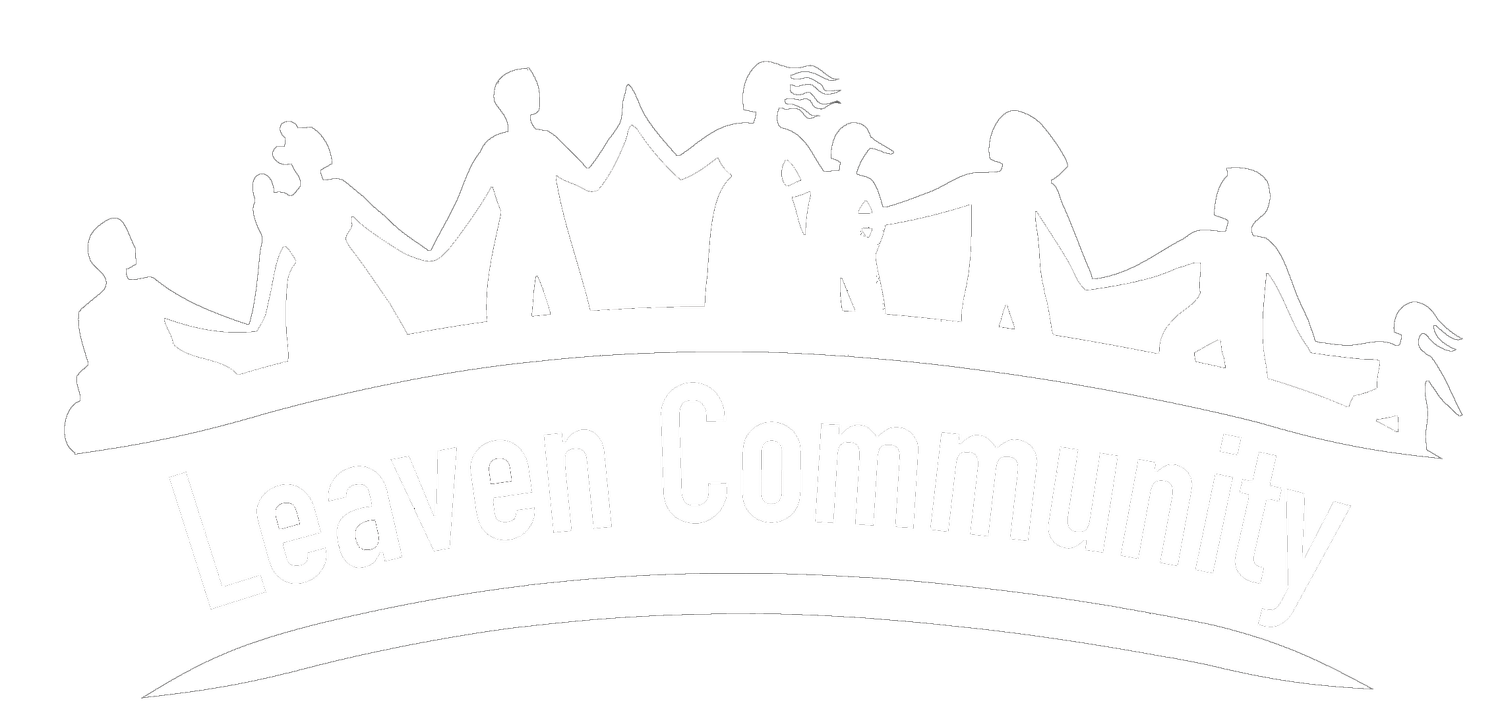Discussion Facilitator: Bruce Cantwell. February 23, 2019.
Spliced from "The Problem" (Center for Human Technology) and "The Attention Economy - How They Addict Us" (Will Schoder)
You probably didn't notice it, but we just spent fifty minutes mining the most valuable scarce resource in the world. No one would create any books, movies, TV shows, news, video games, sporting events, live theater, concerts, advertising, internet content, or smartphone apps without the hope of attaining some.
Attention.
Facebook, Twitter, Instagram, Google, Netflix, YouTube, and Amazon, have produced amazing products that have benefited the world enormously. But these companies are also caught in a zero-sum race for our finite attention, which they need to make money. Constantly forced to outperform their competitors, they must use increasingly persuasive techniques to keep us glued.
They point AI-driven news feeds, content, and notifications at our minds, continually learning how to hook us more deeply—from our own behavior.
Marketing
Internet advertisers can target based on what you've shared directly, but also what they've inferred about you based on your phone and internet use, including your present physical location and email.
These attention engines respond to our likes and seek to feed us more of what we crave.
Conflicting Goals
Unfortunately, what's best for capturing our attention isn't best for our well-being:
• Snapchat turns conversations into streaks, redefining how our children measure friendship.
• Instagram glorifies the picture-perfect life, eroding our self worth.
• Facebook segregates us into echo chambers, fragmenting our communities.
• YouTube autoplays the next video within seconds, even if it eats into our sleep.
The race for attention is eroding our mental health, our children, our social relationships, and our democracy.
Mental Health
The race to keep us on screen 24/7 makes it harder to disconnect, increasing stress, anxiety, and reducing sleep.
Democracy
Social media rewards outrage, false facts, and filter bubbles – which are better at capturing attention – and divides us so we can no longer agree on truth.
George Orwell feared those who would ban books.
Aldous Huxley feared that there would be no reason to ban a book for there would be no one out there who would want to read one.
Social Relationships
Social media induce us to value virtual interactions and rewards (likes, shares) on screens over face-to-face community.
Andrew Sullivan writes in his article, "My Distraction Sickness and Yours:" "By rapidly substituting virtual reality for reality, we are diminishing the scope of [our] interaction even as we multiply the number of people with whom we interact. We remove or drastically filter all the information we might get by being with another person. We reduce them to some outlines — a Facebook 'friend,' an Instagram photo, a text message — in a controlled and sequestered world that exists largely free of the sudden eruptions or encumbrances of actual human interaction. We become each other’s 'contacts,' efficient shadows of ourselves."
Children
Competing for children’s attention means training them to replace their self-worth with likes, encouraging comparison with others, and creating the constant illusion of missing out.
Bad Actors
Technology platforms make it easier than ever for bad actors to cause havoc:
• Pushing lies directly to specific zip codes, races, or religions.
• Finding people who are already prone to conspiracies or racism, and automatically reaching similar users with “Lookalike” targeting.
• Delivering messages timed to prey on us when we are most emotionally vulnerable (e.g., Facebook found depressed teens buy more makeup).
• Creating millions of fake accounts and bots impersonating real people with real-sounding names and photos, fooling millions with the false impression of consensus.
Meanwhile, the platform companies profit from growth in users and activity.
Won't We Just Adapt?
People always worry that new technology will harm society. Four distinct forces make today different from anything in the past, including TV, radio, and computers:
Personalized
No other media used a precise, personalized profile of everything we've said, shared, clicked, and watched to influence our behavior at this scale.
Artificially Intelligent
No other media drew on massive supercomputers to predict what it could show to perfectly keep you scrolling, swiping or sharing.
24/7 Influence
No other media steered two billion people’s thoughts 24/7 – checking 150 times per day – from the moment we wake up until we fall asleep.
Social Control
No other media redefined the terms of our social lives: self-esteem, belief that we are missing out, and the perception that others agree with us.
Exploitable Automation
Exponentially-growing platforms are easily exploited. As content grows exponentially, platform companies rely increasingly on automation.
Unfortunately, these automatic algorithms are easily gamed to manipulate society, because platforms lack the capacity to reliably check for conspiracies, lies, and fake users.
The Profit Problem
We can’t expect attention-extraction companies like YouTube, Facebook, Snapchat, or Twitter to change, because it’s against their business model.
Platforms would lose money if they solved the problem:
Facebook would lose revenue if they blocked advertisers from micro-targeting lies and conspiracies to the people most likely to be persuaded, or if their tools didn’t allow advertisers to automatically test millions of variations of content — word choices, color, images — to capture the most minds.
Twitter’s stock price would fall if they were to remove the millions of bots on their platform, which academics estimate at 15% of their user base.
With so much capital, human and monetary, invested in our attention:
How much of it should we sell?
How much of it should we reclaim for other uses?

